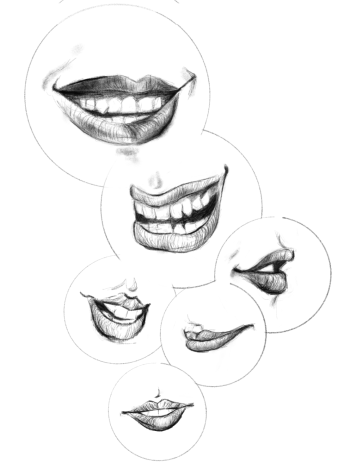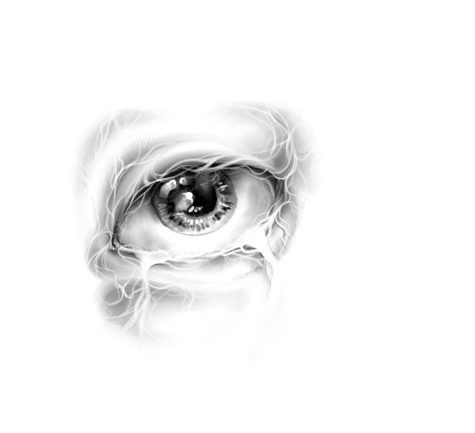Challenging Whitman’s Culture of Happiness
September 17, 2015
The statistics are in: Whitman is ranked as one of the happiest colleges in America. If you check out our fun website, you’ll see that we are happier than all but seven other colleges. All around campus are smiling faces and cheerful people whistling in the wind. We live in a happy utopia. Except that sort of thing isn’t actually possible.
I am the type of person that gets depressed maybe once a month with the ups and downs of life. I enjoy basking in misery and having an occasional pity party for myself. It feels healthy, and after my mood is over, I shine brighter than ever. Yet I have had friends tell me that it’s actually difficult to be sad at Whitman because everyone else is so content all the time. After some thought, I agree. Although being sad at times is natural, it can feel stifling when the people around you are sweating rainbows all day.
It’s been more and more difficult to have grumpy days lately. I will be casually complaining about something in my life that really isn’t that bad, and people will literally say, “It’s not so bad! Your professor is also having a bad day, I’m sure it’ll be better.” All true, reasonable, and supportive statements, but they lack any real solace. Rare are the days when people will say, “God, that sucks,” and agree with you while you vent. And yet, that validation of your problems is essential to moving on. Otherwise you just feel like a whining cat with “first world problems.”
People at Whitman are constantly looking on the bright side of things, which is amazing, but also in doing so, they ignore the normal and unpleasant aspects of every day life. I mean, is there really a bright side for when my professor didn’t warn me about stuff he added to the test?
This isn’t an Whitman-exclusive phenomenon either. I was taking a leisurely scroll through Instagram the other day while waiting for made-to-order food and saw a smiling face labeled “#100daysofhappy.” I was immediately disgusted. Ok, maybe not disgusted but mildly annoyed at least.
It’s great in concept, but why do people aim so low? 100 days? That’s not even a third of the year. What’re you going to do for the other 265 days? Transform into an angsty teen werewolf? This is just exaggeration. The idea is to be happier when the 100 days are over, but why force happiness on others or, conversely, to hide your own sadness?
No one wants to be the Debbie Downer that’s depressed all the time and a chore to hang out with, but it seems like the emphasis on being ‘happy’ at Whitman has the effect of making people shameful of being unhappy. Sadness is as integral a part of being human as breathing, yet it is stigmatized. It’s understandable if you don’t want other people to see your weakness, but you should be comfortable venting about anything you want.
There is a huge pressure to ‘like’ Whitman, to fit in, to be cheerful all the time, to talk about how much you love things, even if that’s not the case. We see all these outgoing and happy people, and want to be just like them. They’re having fun and laughing, and you wonder what you’re missing out on because they’re obviously happier than you are. And yet, that’s not the full picture. We don’t know if those laughing faces are happy when they’re alone in their room.
Ultimately, a lot of so-called ‘happiness’ is fake or at least forced here because no one is comfortable being dissatisfied and feeling as though they are lesser than anyone else. It seems like the only real solution is to be more comfortable with ourselves and stop putting up a front just to fit in. Do what feels right, be unhappy if you want, and maybe you’ll find other people to be unhappy with you in the process.









